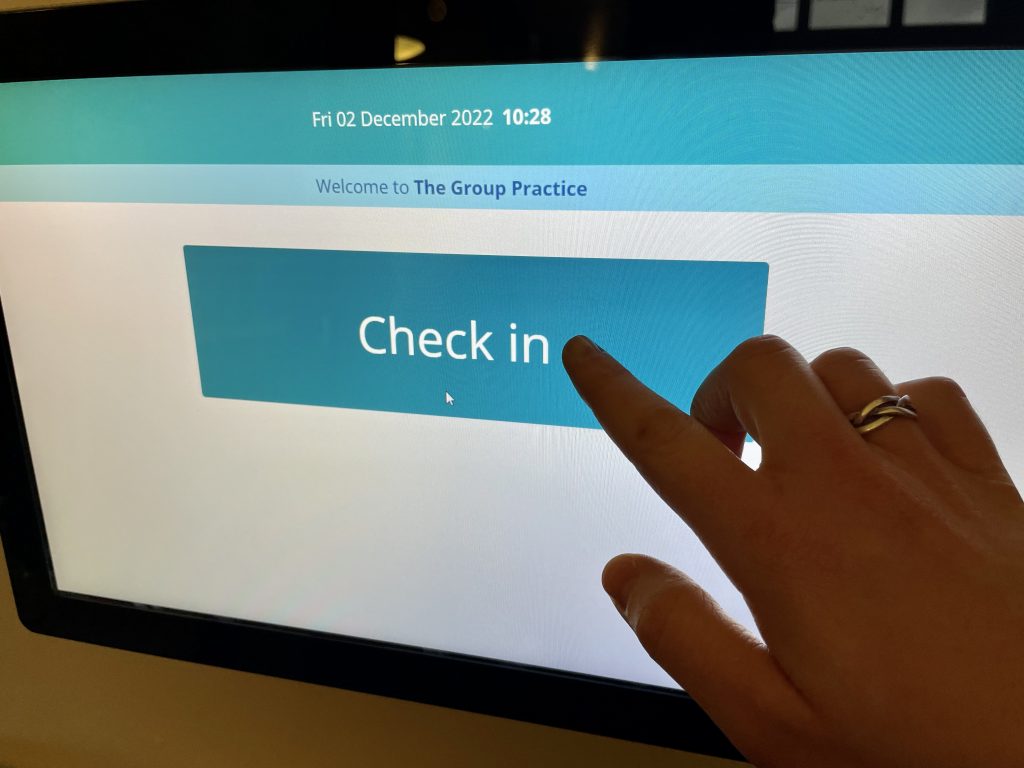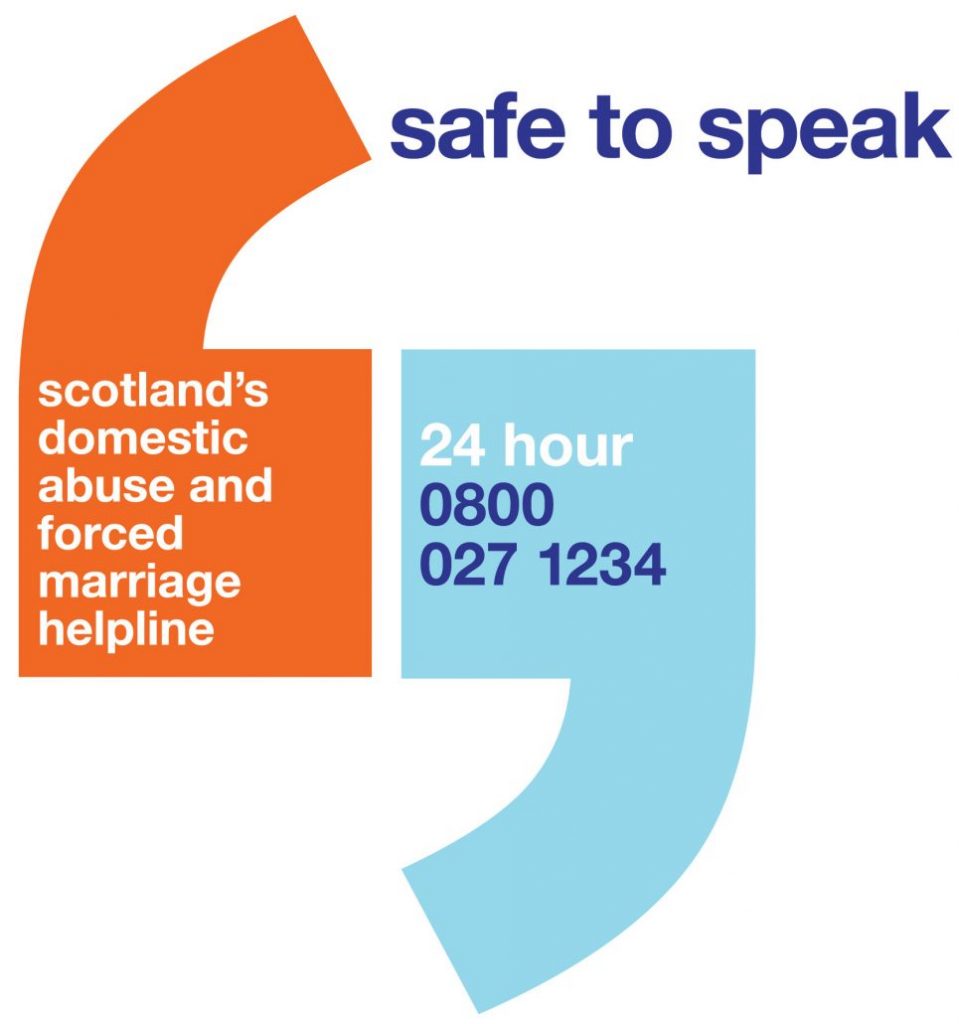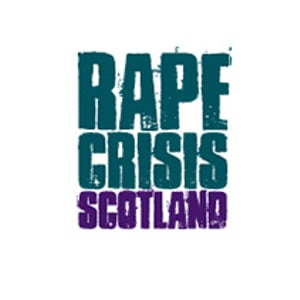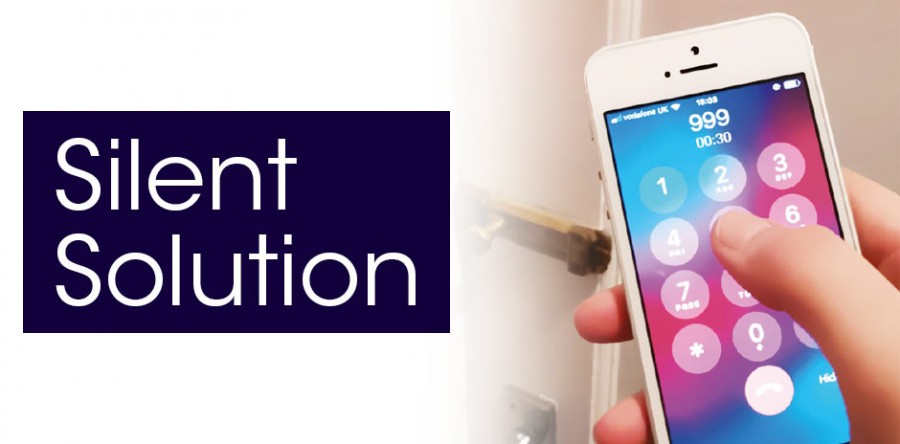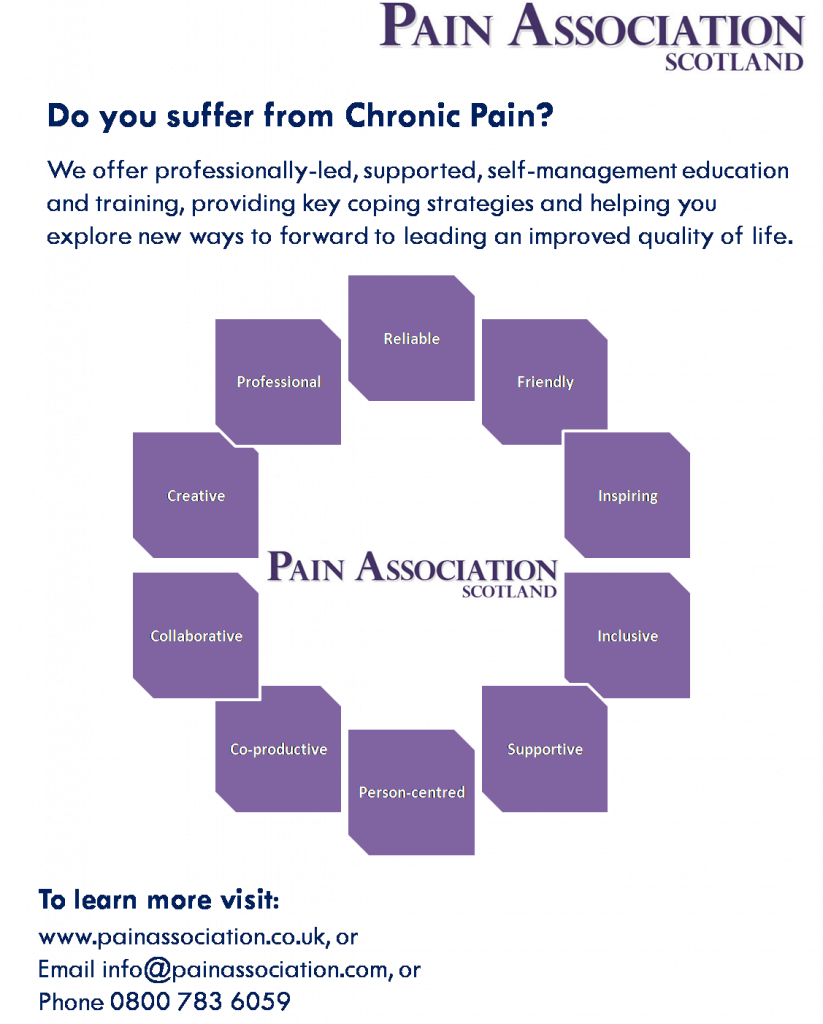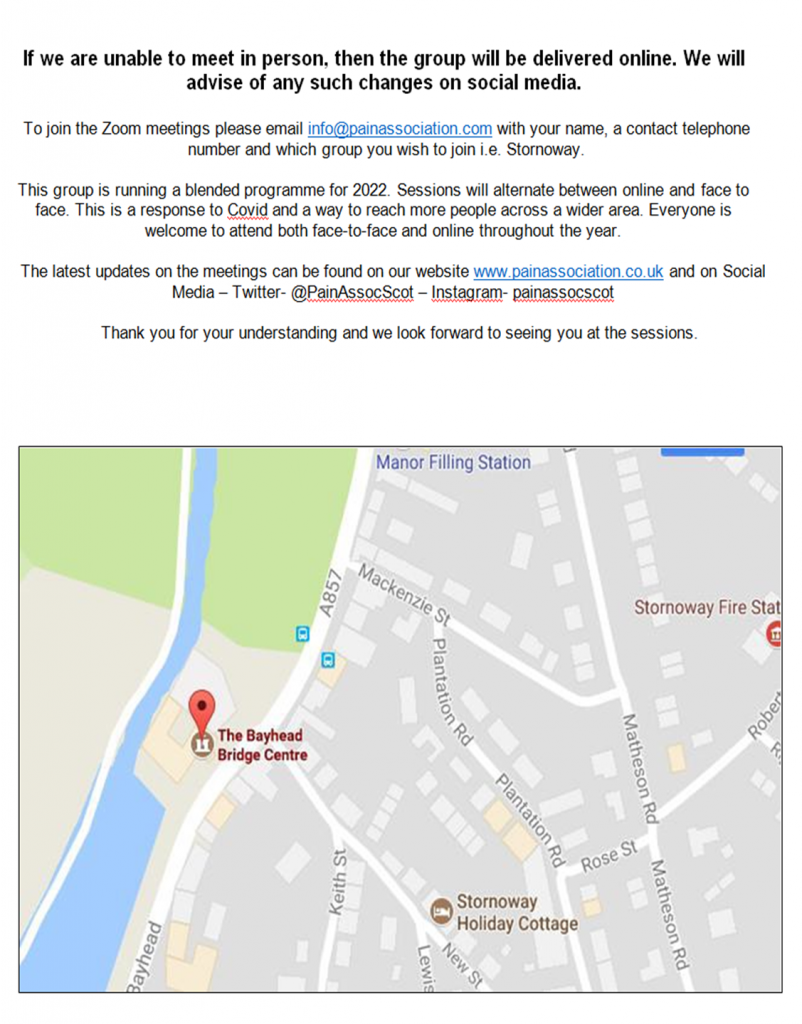In line with their commitment to security, EMIS Patient Access have introduced a new multi-factor authentication (MFA) log-in process for Patient Access, which comes into effect from May 2024.
Patients will be required to input a one-time-passcode (OTP) from an authenticator application to log-in to their account. You can find more information on the Patient Access website here.
Patients can choose an authenticator application for mobile or desktop devices, and there are several free options to choose from. Suggestions here.
Patients could also choose biometrics (Face ID or Touch ID) to log-in.
For those who do not have a mobile phone: EMIS Patient Access are making changes so that patients do not need to add a mobile phone number to their Patient Access account. They can instead choose to use a desktop authenticator to complete the MFA log-in.
For more information visit EMIS Patient Access directly here or contact their Support Desk.
